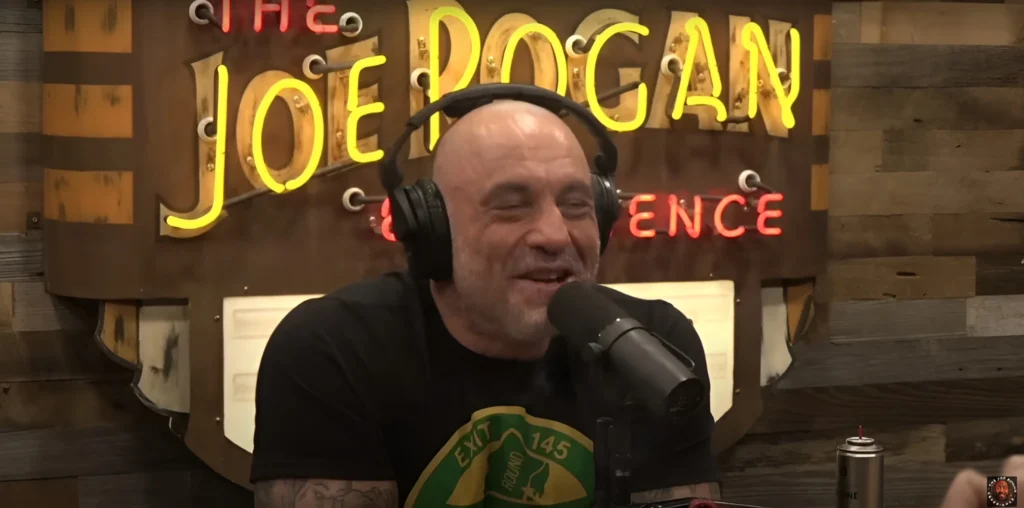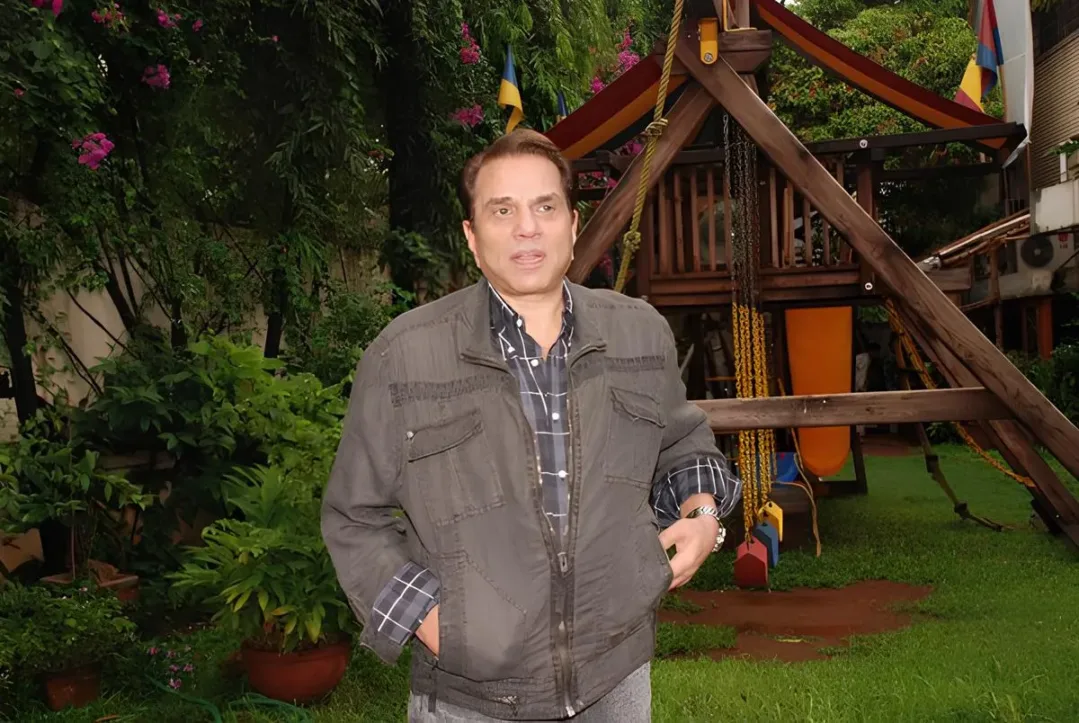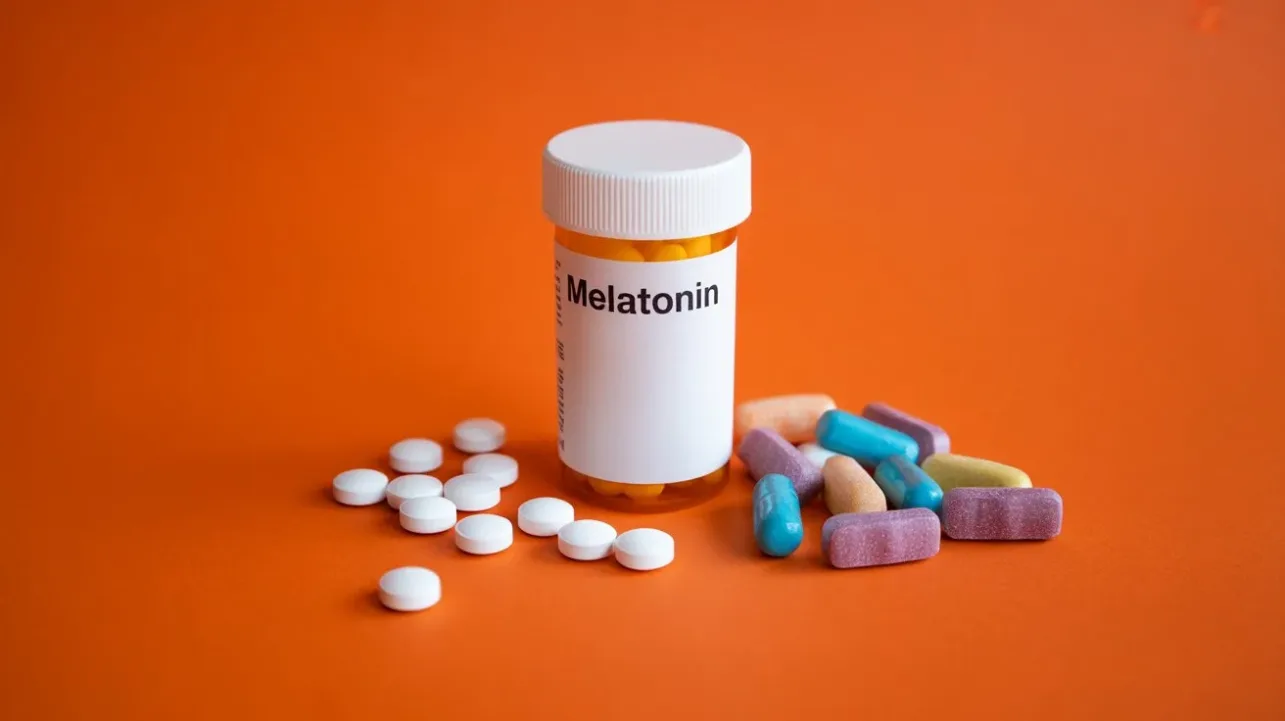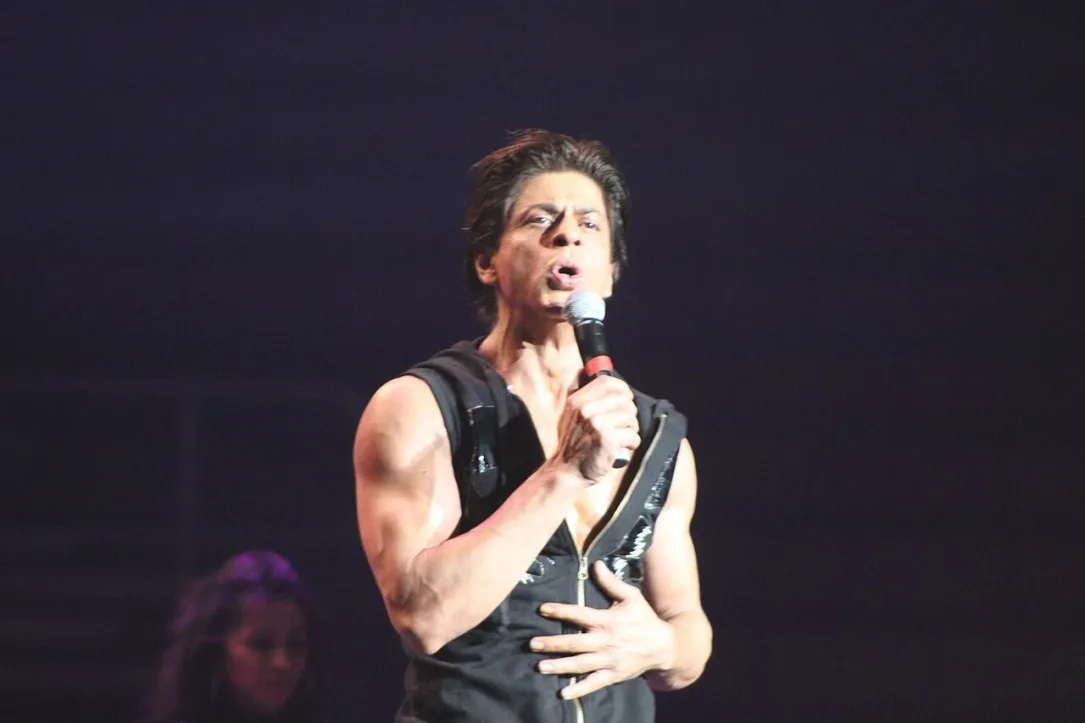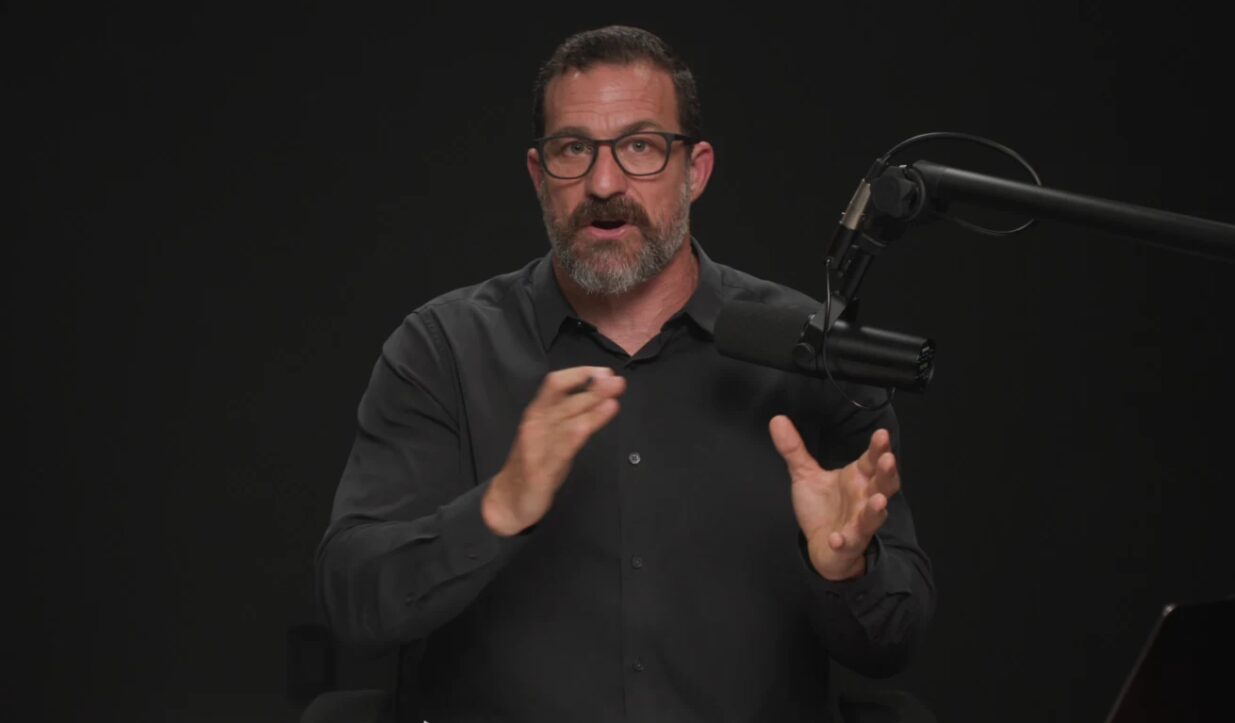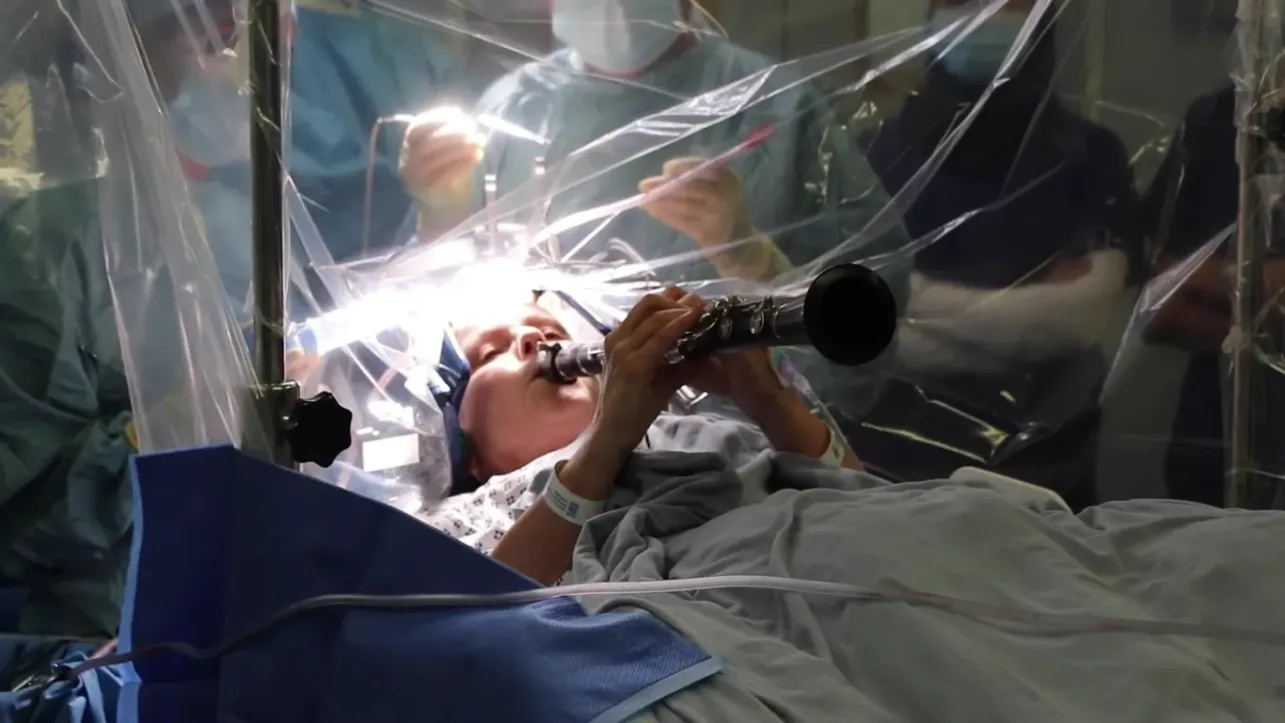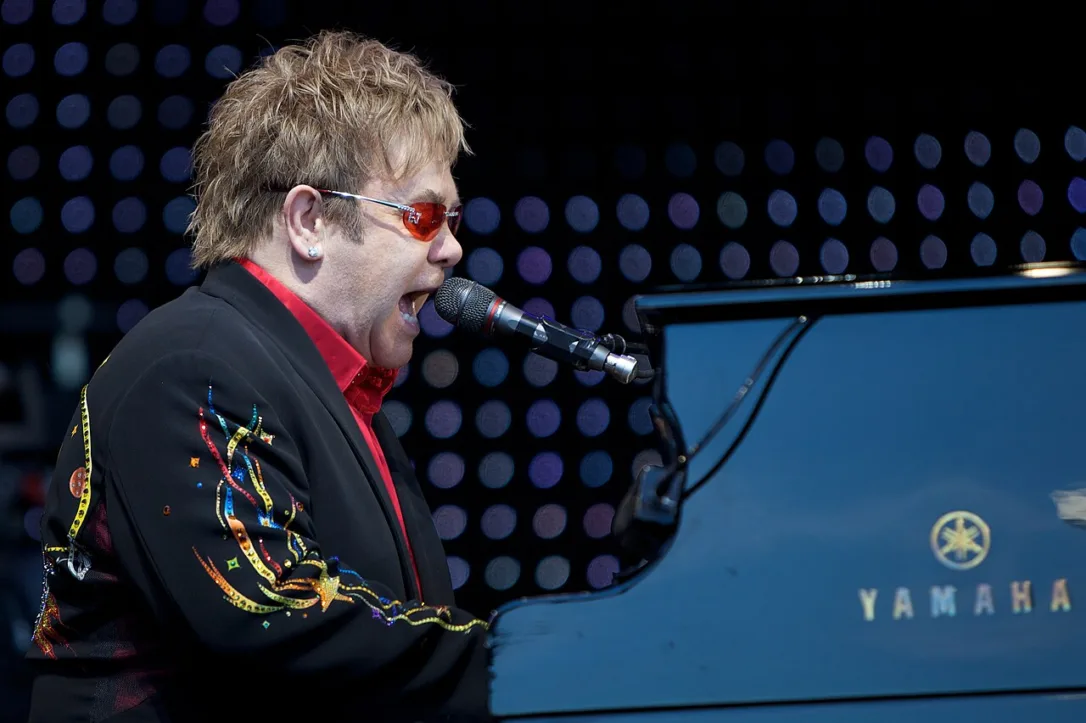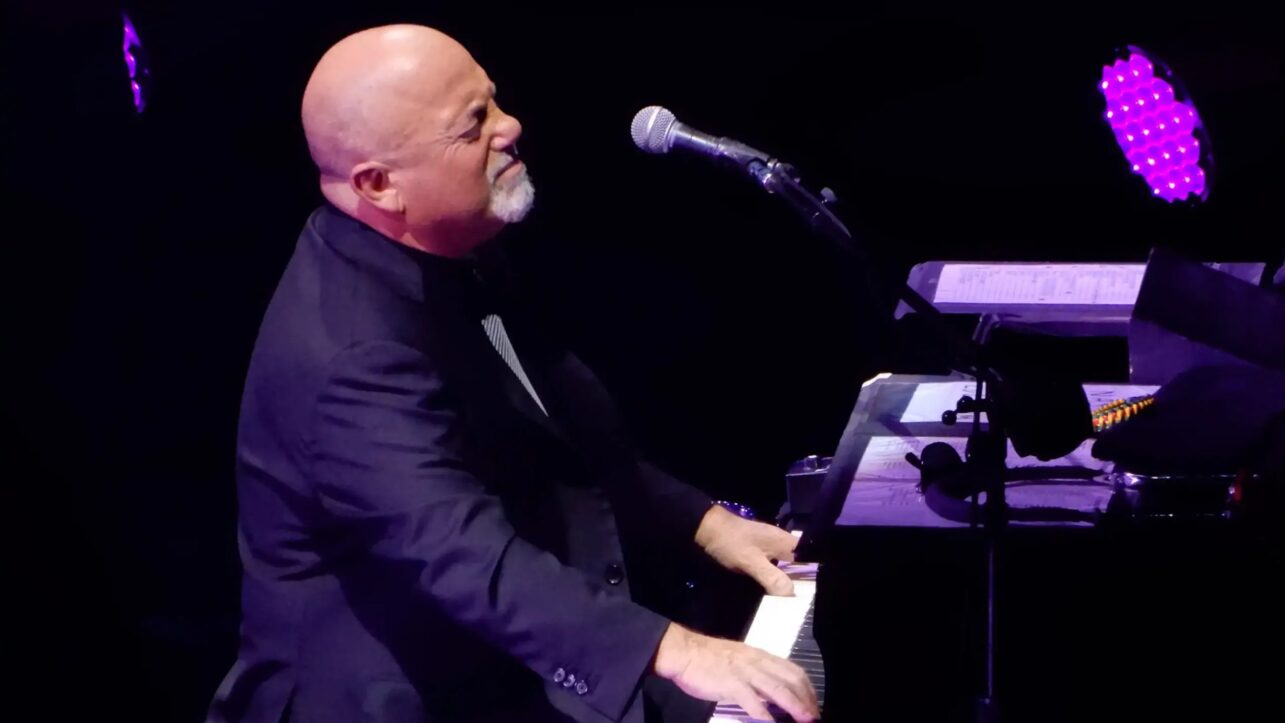Rock Legend Opens Up About Medical Crisis That Nearly Ended His 40-Year Career, Announces Comeback Tour for Summer 2026
In a raw and emotional interview with Savannah Guthrie on NBC’s TODAY Show on October 24, 2025, rock icon Jon Bon Jovi revealed the psychological devastation of facing a potentially career-ending vocal cord surgery, admitting there were dark moments when he believed “maybe I’ve had my last concert at Madison Square Garden“.
The 63-year-old frontman of the legendary band Bon Jovi opened up about his long and uncertain road to recovery from vocal surgery, describing the terror that grips performers when their voice—their livelihood and identity—hangs in the balance. After months of intensive rehabilitation and voice therapy, Bon Jovi announced his triumphant return with the band’s first tour in years, set to begin at Madison Square Garden in summer 2026.
The Hidden Epidemic Among Aging Performers
Bon Jovi’s struggle highlights a growing concern in the entertainment industry: vocal cord injuries and age-related voice deterioration affecting performers in their 50s, 60s, and beyond. According to medical data, full recovery from vocal cord surgery typically takes 3 to 6 months or longer, depending on the procedure’s complexity and the individual’s adherence to postoperative protocols.
The immediate postoperative period requires complete vocal rest—no talking, whispering, or throat clearing—for the first few days to a week. Research published in the Journal of Voice found that 3 days of voice rest followed by voice therapy may actually lead to better wound healing compared to extended rest periods, with patients showing significantly better vocal quality at 1, 3, and 6 months post-operation.
The Psychological Toll of Career-Threatening Illness
What makes Bon Jovi’s story particularly compelling is his candid discussion of the mental health impact of facing potential permanent voice loss. For performers whose entire identity and livelihood depend on their voice, the psychological devastation can be as severe as the physical injury itself.
“The uncertainty is the worst part,” experts note, as recovery outcomes vary significantly based on the type of surgery, underlying condition, and individual healing factors. Patients undergoing vocal fold surgery for conditions like polyps, cysts, or paralysis often experience anxiety about whether they’ll ever sound the same again.
Medical Innovations Enabling Comeback Stories
Modern phonomicrosurgery techniques and advanced voice therapy protocols have dramatically improved outcomes for professional singers. Voice therapy, administered by speech-language pathologists, involves tailored exercises and techniques to strengthen vocal function during the critical healing period.
Recovery protocols now emphasize:
- Strict initial silence: Absolute vocal rest for 3-7 days post-surgery
- Gradual voice reintroduction: Starting with soft, natural speaking voice before increasing volume
- Hydration and humidification: Keeping vocal cords moist to support healing
- Avoiding irritants: No smoking, alcohol, or spicy foods during recovery
- Professional voice therapy: Working with specialists to rebuild vocal strength safely
From Crisis to Comeback
Bon Jovi’s announcement of a 2026 tour represents not just a personal victory but a beacon of hope for the estimated millions worldwide who undergo vocal surgery each year. His willingness to discuss the fear and uncertainty of his recovery journey helps destigmatize the psychological challenges of career-threatening health conditions.
The interview resonated deeply with viewers, particularly those in creative professions who understand the terror of losing the very ability that defines their career. In both India and the United States, where entertainment industries employ millions, Bon Jovi’s story serves as a powerful reminder of the fragility of artistic careers and the resilience required to overcome medical setbacks.
Looking Ahead
As Bon Jovi prepares for his 2026 comeback, his story underscores the importance of early intervention for vocal problems, proper postoperative care, and the psychological support needed during recovery. His journey from despair to triumph offers hope to performers worldwide facing similar challenges—proof that with proper medical care, dedication to rehabilitation, and mental fortitude, comeback stories are possible.
The rock legend’s vulnerability in sharing his darkest moments—when he questioned whether his performing days were over—transforms his comeback announcement from simple entertainment news into an inspiring narrative about resilience, medical innovation, and the human spirit’s refusal to surrender to adversity.






